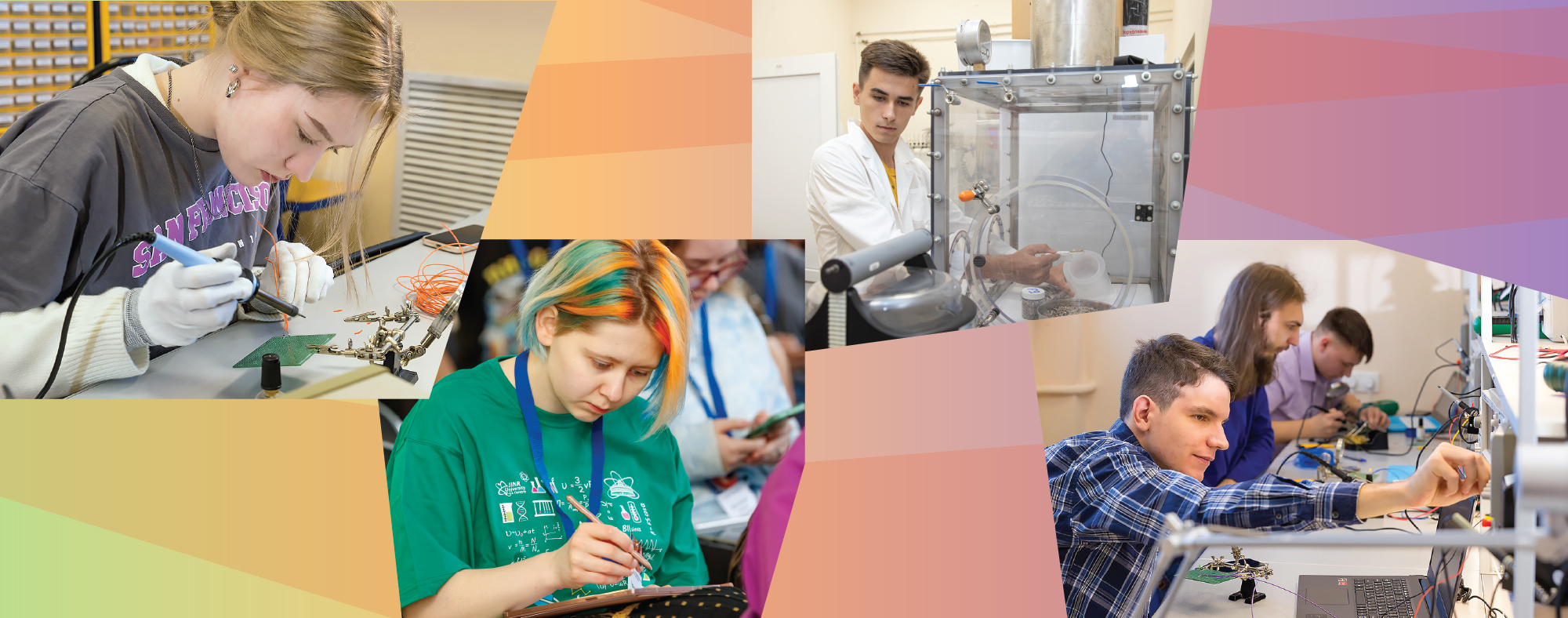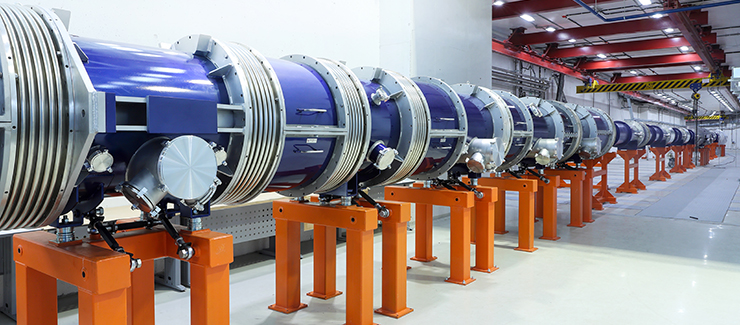
JINR Fellowship Programme
Call for applications
Missions
The Joint Institute for Nuclear Research (JINR) is looking for fellows and has officially opened its call for applications for various scientific research positions. The new positions are a part of a special programme aimed at reinforcing the scientific personnel involved in the realization of JINR’s top-priority projects in the fields of theoretical and experimental physics of elementary particles, relativistic heavy-ion physics, nuclear physics, condensed matter physics, radiobiology, networking, computing, computational physics, engineering and instrumentation.
The JINR Fellowship Programme offers both talented young scientists and experienced researchers the opportunity to get involved in the cutting-edge international projects of scientific and technological advancements at JINR. Detailed information about the Institute, including the JINR Topical Plan, can be found on the JINR website.
Qualifications, Experience and Language skills
The call is targeting highly motivated scientists and engineers, holders of a Master’s or PhD degree or higher in their respective aforementioned fields.
The applicant should be able to work well in an international environment, such as large multinational collaborations. The applicant is also expected to take responsibility for experiments and analytical work and should be able to work independently when necessary. The applicant should have experience in education and training. Good command of the official JINR languages, both written and spoken (English and/or Russian).
Remuneration
The original appointment will be for one year, with the possibility to renew it for another one year max. (24 month in total).
JINR offers an attractive remuneration package including an annual net base salary at US $1300/month (for MSc degree holders including PhD students) and $2300/month (for PhD degree holders), paid in Russian rubbles at the planned exchange rate (forecasted year-average) adopted in the JINR budget, which is fixed on the date of conclusion of the contract and valid throughout its entire term. In 2024, the exchange rate is 90.1 Russian rubles per 1 USD*.
Income tax of 13% is applied. JINR shall pay no pension insurance.
*The average per capita income in the Moscow region is 65 thousand rubles. The minimum cost of living in the Moscow region is 20 thousand rubles per month for the working population and 18 thousand rubles per month for children.
The call for entries is now closed. Please follow the updates on our website.
